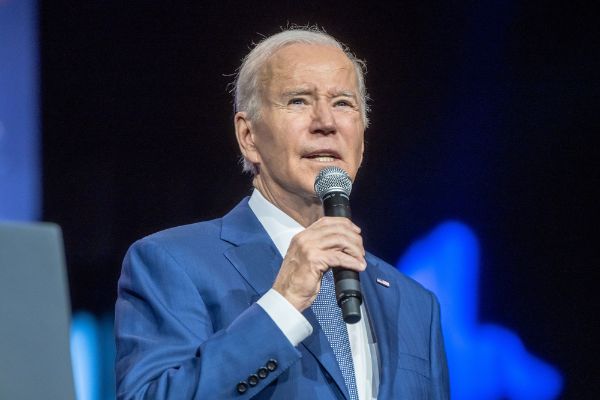Tesla (TSLA 2.55 percent) has been in the news lately, but for reasons that are very different from what you’d think. CEO Elon Musk has been getting a lot of attention for his interest in Twitter, which has also brought Tesla into the limelight for issues that have little to do with its actual operations.
It’s critical for current or prospective stockholders to separate the signal from all of the noise and focus on Tesla’s business when investing. While Tesla CEO Elon Musk’ s actions are worth considering, there are other elements of Tesla that merit more consideration while buying or selling any shares.
1. Tesla’s stock split is not as important as it may seem
Investors may be perplexed by the notion that a stock split causes share prices to rise. Following Tesla’s most recent stock split in 2020, the share price appreciated by 80 percent. However, it is worth noting that this split coincided with a general bull market throughout Tesla’s post-pandemic recovery period. It’s impossible to predict whether or not Tesla announcing its latest stock split will result in a similar increase in share price.
The bottom line is that stock splits provide no added value to a stock’s shareholders. Yes, the split results in more shares, but they are also worth proportionally less, resulting in the same final value for the investment.
2. Tesla’s delivery and production numbers are worth keeping an eye on
Tesla reported its vehicle production and delivery data for the first quarter of 2022. Tesla manufactured 305,407 vehicles and delivered 310,048 units in the period, representing year-over-year increases of 69% and 68%, respectively. Vehicle manufacturing (compared to Q4 2021) fell by 14%, while deliveries increased only modestly at 0.5 percent.
There are two possible interpretations of these findings. Although the year-over-year growth is remarkable, continued sequential progress might be a sign of trouble in 2022. Time will tell whether this continues, but it’s something worth keeping an eye on in future quarters.
3. There’s trouble in China
Tied to Tesla’s difficulties in China is its performance in the country. With COVID-19 making a comeback in China, the government has implemented a strict quarantine policy to stop the viral infection from spreading. This is having a major impact on Tesla’s Shanghai production facility, which has been closed for almost three weeks due to restrictions on production and delivery. The plant produces around 2,100 vehicles each day in Shanghai, so delays are mounting rapidly.
While Tesla’s Shanghai factory only produces a tiny proportion of the company’s vehicles, any lengthy shutdown would have a significant influence on the company, particularly in light of ever-growing competition in the electric vehicle (EV) industry. If Tesla’s manufacturing difficulties cause customers to seek alternatives, they may switch to a competitor if Tesla’s production delays result in delayed vehicle deliveries.
4. Elon is all over the news recently, but not because of Tesla
Tesla has been making headlines for reasons unrelated to its operations for some time now. Elon Musk became Twitter’s biggest shareholder, was said to be joining the company’s board of directors, but then withdrew his offer, and sought to purchase Twitter for $43 billion in cash a few weeks later. Musk’s attention has been divided recently.
Given there are real concerns about Tesla’s manufacturing capacity, it would be prudent to inquire whether the firm’s CEO is devoting enough attention to his business. In any investment selection, management is crucial, and Musk’s leadership should be considered when assessing Tesla as an investment.
5. Tesla’s valuation will depend on continued strong performance
How do you value Tesla as a business? The answer to this question depends on the values of all these variables. Tesla has a price-to-sales (P/S) ratio of 21 at present, which is 30% less than its recent peak. While this is still considered rich compared to other automakers, three businesses with significant investments in the electric vehicle industry – General Motors, Ford Motor Company, and Volkswagen – all trade at a P/S ratio below one.
Despite all of this, Tesla is still the leader in the electric vehicle industry, thus one might think its price is fair. That said, if Tesla’s lead is weakened either by its own problems or the success of its rivals, the narrative will change rapidly.




Comments are closed.